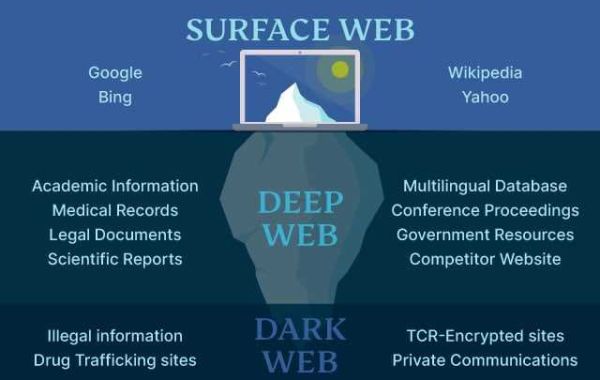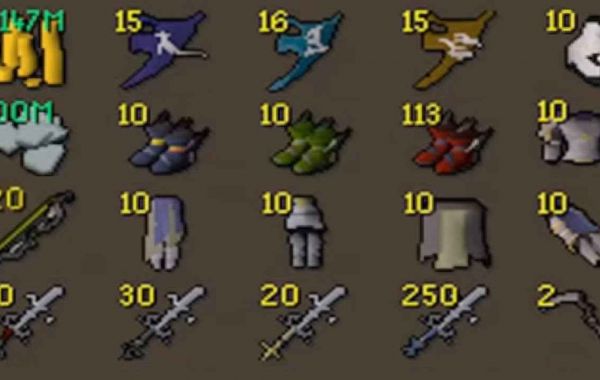The dark web is a mysterious realm that exists beneath the surface of the internet, hidden from conventional search engines and accessible only through specialized browsers. Understanding what the dark web is requires delving into the clandestine corners of cyberspace, where anonymity and secrecy prevail.
The dark web is a concealed network of websites that operate on the fringes of the internet, beyond the reach of standard search engines like Google or Bing. Here, users navigate using encryption tools and anonymous browsers, carving out a virtual space where privacy is paramount. The dark web is distinct from the deep web, which comprises all unindexed parts of the internet. It's a subset characterized by its intentional obscurity, attracting both legitimate users seeking privacy and individuals engaging in illicit activities.
One aspect that defines what the dark web is revolves around its marketplaces. These platforms are infamous for facilitating the exchange of illegal goods and services, from drugs and counterfeit currency to hacking tools and stolen data. The dark web is a hub for these shadowy transactions, creating an underground economy that thrives on anonymity and untraceable digital currencies like Bitcoin.
While the dark web is notorious for its association with criminal activities, it also serves as a refuge for individuals living under oppressive regimes. Dissidents, journalists, and activists often turn to the dark web to communicate without fear of censorship or surveillance. In this context, the dark web becomes a sanctuary for those seeking freedom of expression and protection from authoritarian regimes.
The dark web is a complex ecosystem, harboring various forums and communities where individuals share knowledge, experiences, and expertise. These range from discussions on privacy and security to more nefarious topics such as hacking techniques and cybercrime tactics. As such, the dark web is a double-edged sword, offering both a haven for those seeking refuge from oppression and a breeding ground for illicit activities.
Law enforcement agencies worldwide grapple with the challenges posed by the dark web. The elusive nature of this hidden realm makes it a breeding ground for cybercriminals, requiring innovative strategies and technologies to combat its illicit activities. The dark web is a constantly evolving landscape, adapting to law enforcement efforts while remaining a hub for those who seek to operate beyond the bounds of legality.
In conclusion, the dark web is a parallel universe within the vast expanse of the internet. Its enigmatic nature, fueled by anonymity and encrypted transactions, attracts a diverse array of users with contrasting motives. Whether it's a refuge for the oppressed or a breeding ground for cybercriminals, the dark web continues to captivate the imagination and challenge the efforts of those seeking to understand and regulate this elusive digital underworld.








